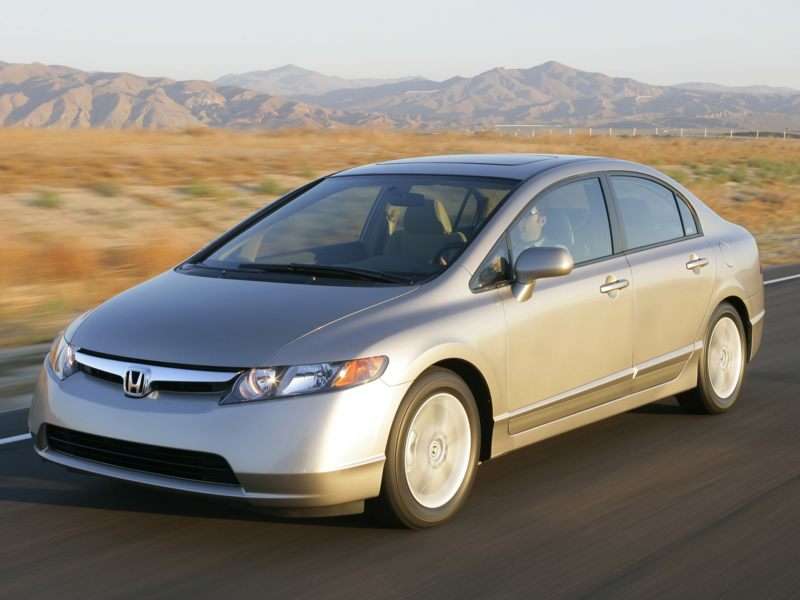Recent Articles
Popular Makes
Body Types
CNG Vehicles as an Alternative Fuel Option

There’s nothing like higher fuel prices to make everyone panic and reconsider their choice of vehicle. Is propane right for you? It is for many people.
For over 25 years, propane has been an efficient fuel for the automotive industry. The propane industry has gotten involved and created some 850 propane conversion centers throughout the country. With these numbers, propane has become the leader in the alternative fuel industry.
Any vehicle can be converted to propane. However, the greatest difference will be noticed on the high mileage vehicles or gas guzzlers. With the new propane fuel-management systems, there will be a noticeable improvement in:
• Performance • Better emission levels • Better fuel economy
Propane in an engine is controlled by a regulator. This piece converts the liquid propane into a gas form. The gas then goes into a mixer that is positioned close to the intake manifold. Here it is metered and mixed with filtered air before going into the combustion chambers. As this fuel/air mixture is only gas, the cold air problems that are often associated with liquid fuel don’t happen.
Liquid propane supposedly contains almost five per cent more energy than gasoline. Except it is thirty per cent less dense. What this means is that the one liter of propane is lighter and contains twenty-eight per cent less energy than a liter of gas.
This means that more propane is required to travel the same distance. Your engine will appreciate the propane more because the pure gas form helps it to run more efficiently. This helps to counter the cost of the extra propane required. That the gas goes into the combustion engine as a vapor will help it to run better on propane than on gasoline when operating at lower speeds, particularly when it is cold.
As far as the environmental benefits go, there are less fumes escaping during refueling. The propane fueling system is well sealed. Another benefit is that the tendency to form ground-level ozone is half the levels of that of gasoline. Propane also doesn’t contain any lead or sulfur and therefore doesn’t contribute to acid rain.
• If you drive more than 15,000 miles per year or if you are forced to spend a lot of time idling, then you will be able to operate cheaper on propane than on gasoline.
• The EPA has conducted tests that prove properly tuned propane engines will produce 30% to 90% less carbon monoxide than properly tuned gasoline engines. • Propane gives off half of the toxins and emissions of gasoline.
• The cost to regulate both gasoline and diesel emissions will increase the cost of these fuels. • Propane tanks are less prone to leakage than gasoline tanks. • Propane tanks may be safer in the event of an accident than gasoline tanks.
• Propane is a quarter of the price of gasoline to run in most parts of the country. • There are now propane powered vehicles being manufactured.
• It takes approximately one year to recoup the cost of propane conversion. • In a normal case, propane conversion can be completed in one day. • Engines running propane can last two to three times longer than the gasoline equivalent. • Vehicles can be converted to run on both propane and gasoline. This allows you to drive in areas where you might have trouble finding propane fuel.
• There is no noticeable difference in performance between propane and gasoline engines.
• There are thousands of propane refueling stations available across the country making it even easier to consider converting your vehicle.